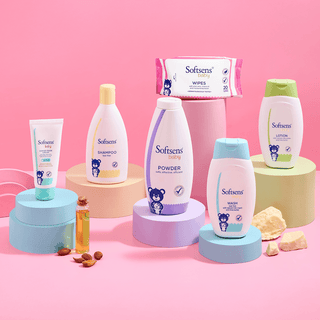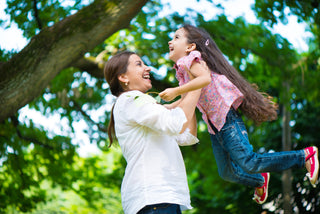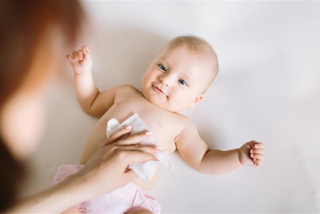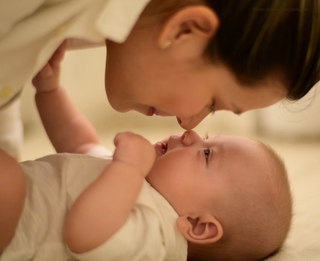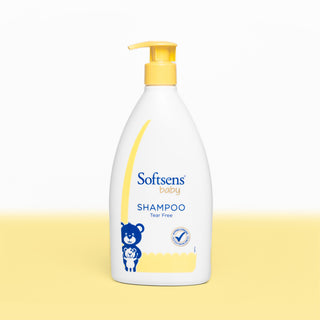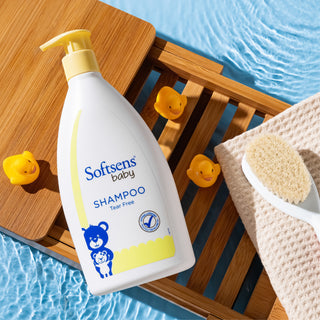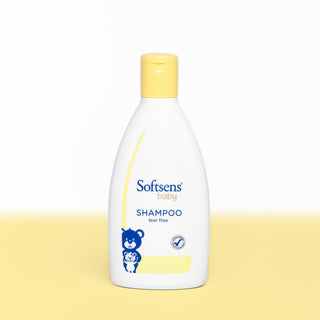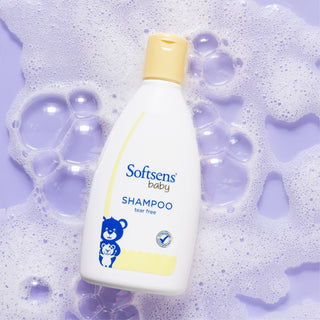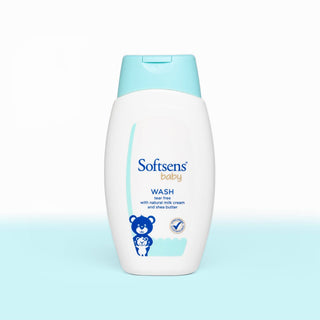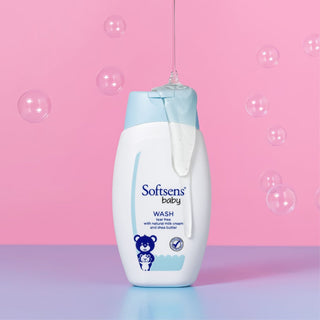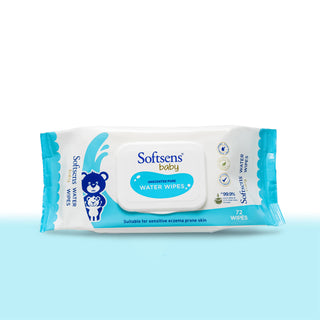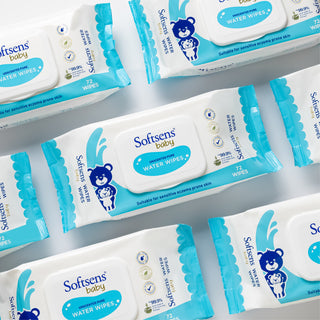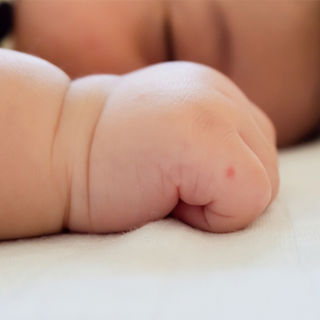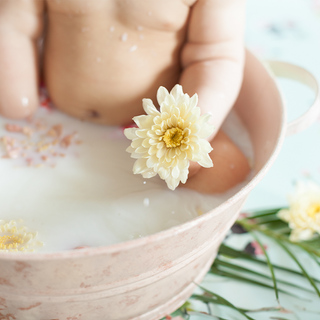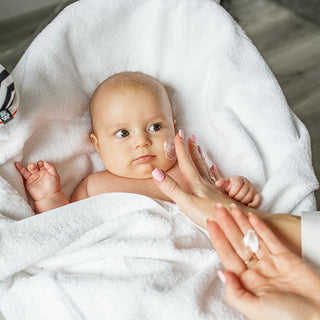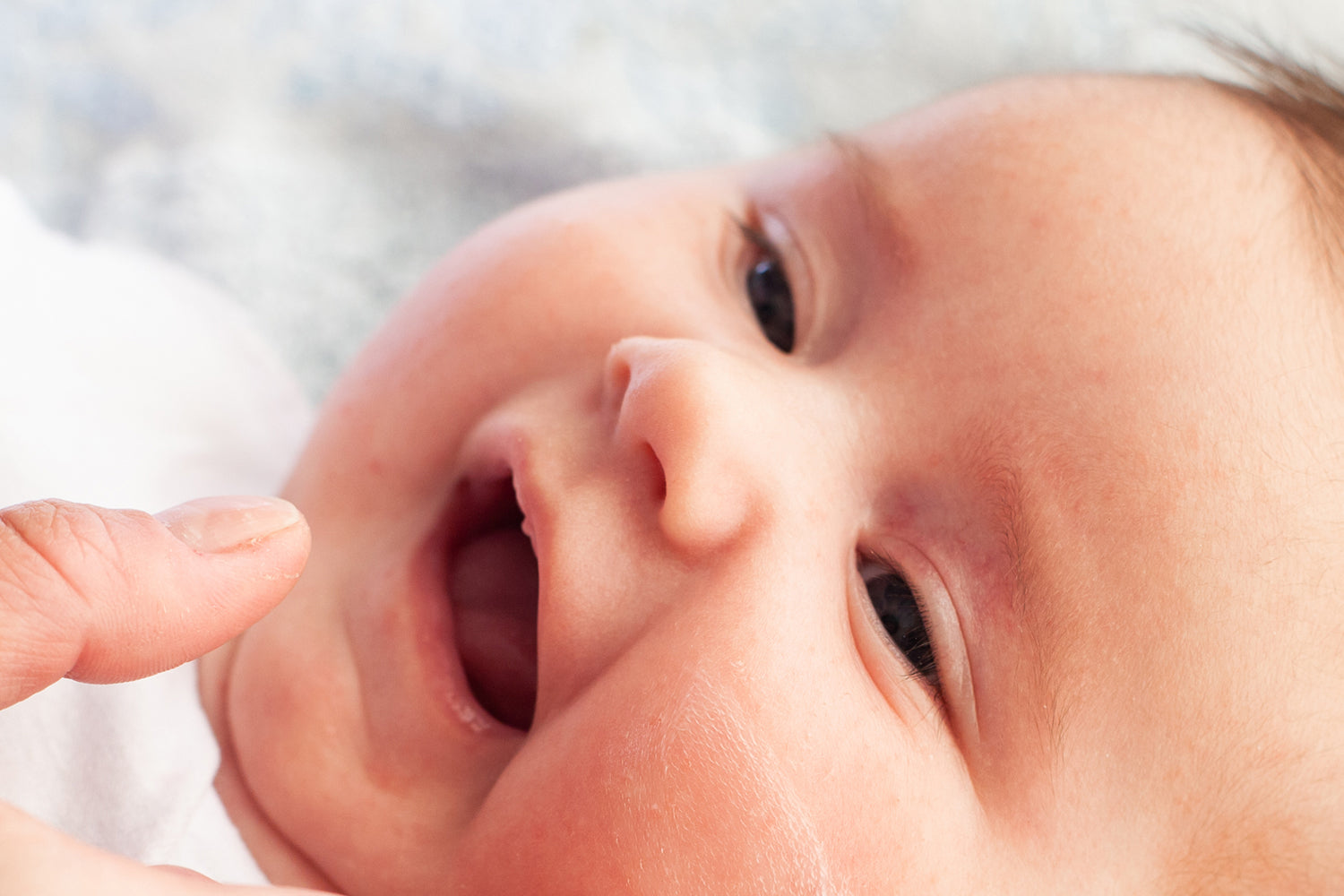
Did you know that your baby’s delicate skin tends to lose moisture quicker than an adult’s skin? Babies have thinner skin that is still developing its own defense barrier, thus making it more prone to damage caused by harsh weather or environmental pollutants. In winter, the cold, dry air can lead to a few skin issues for babies, of which the most common is excessive dryness of skin. However, with the right daily skin care & nourishment, you can kiss goodbye to winter skin worries! Here’s a look at some common winter skin problems faced by infants and tips on how to manage these issues.
1. ECZEMA
To put it simply, eczema is a hereditary and chronic skin condition that shows up in the form of dry rashes, scaly skin, bumps and itchiness. It is not contagious, but it can be quite uncomfortable for your little one. It is quite commonly seen in infants and children below the age of 5, and can get especially worse during the winter season as the cold air tends to aggravate the skin even further. It is important to note that not all bumpy and red rashes are necessarily cases of eczema. A doctor’s diagnosis is required in this matter.
How to manage it:
While there is no actual cure for this hereditary condition, there are ways to lessen the symptoms, to ease your baby’s discomfort and to prevent any infection.
- There are a lot of things that can ‘trigger’ your baby’s eczema, such as weather changes, harsh skin products or even harsh fabrics, food allergies, strong detergents and other potential skin irritants. If your infant has been diagnosed with eczema, avoid any such potentially skin-irritating products.
- Use mild, hypoallergenic, gentle products that are made without any parabens or harmful chemicals for their daily skincare.
- Give your little one short baths to make sure their skin doesn’t dry out even more. Cleanse & nourish baby’s skin with a mild, dermatologically tested & natural ingredients enriched soap like Softsens Baby Milk Bar that will bring back the moisture to dry skin. After a bath, do NOT rub their skin dry but simply pat it dry gently with a soft towel.
- Protect their skin by moisturizing daily, or even twice a day. Use a thick and gentle baby moisturizer like Softsens Baby Moisturizing Cream that is packed with skin-soothing milk cream and shea butter. It quickly absorbs into the skin to moisturize deep layers of the skin, without leaving behind any sticky residue.
Protect their skin from the cold air by keeping them well-covered during winter with fabrics that are soft & gentle on their skin. For babies with eczema, gentle, natural and organic cotton fibers are best for their skin. Layering works best as babies cannot regulate their body temperature easily. Their bedding too should be made from gentle fabric to protect their delicate skin. Our new Organic Cot Bedding Set of 6 is crafted from breathable and natural 100% GOTS-certified organic fibers to help your baby sleep more comfortably.
2. DIAPER RASH
Diaper rash is pretty common during the winter season as babies tend to be bundled up in several layers, as a result of which excess moisture gets trapped in the diaper region, causing the skin to flare up. The good news is that most cases of diaper rash can be prevented by taking some proactive steps.
How to manage it:
- Dress baby in layers to avoid overheating and thus prevent skin irritation.
- Prevent dampness by changing baby’s diaper more often than necessary. Make sure you choose a well-fitting diaper to prevent excessive friction with the skin.
Protect baby’s skin on a daily basis with Softsens Baby Diaper Rash Cream that not only helps treat cases of diaper rash, but also creates a protective barrier between baby’s skin and diaper, thus preventing diaper rash from occurring in the first place. Enriched with powerful natural ingredients & minerals like zinc oxide, our diaper rash cream will leave your baby’s skin soft, smooth and nourished.
3. CHAPPED LIPS AND CHEEKS
Your baby’s lips and cheeks might get chapped during colder weather. Constant moisture from baby’s drool or their runny nose can cause the skin around their mouth and nose to become red and inflamed. That’s why it’s crucial to keep this area clean yet well-moisturized.
How to manage it:
- Moisturize baby’s lips with petroleum jelly and their cheeks with a gentle baby moisturizer like Softsens Baby Rich Moisturizing Cream or Softsens Baby Hydrating Lotion
- Wipe away spit, drool and mucus gently with a soft bib or burp cloth to keep your baby’s skin clean and dry. Check out our organic muslin cotton baby bibs that are super gentle on the skin and actually get softer with each wash.
Another care tip that many people ignore during this season is to use sunblock to protect baby’s skin. Sunblock must be used year-round to protect your baby’s delicate skin from damage. Softsens SPF 30 Sunblock Lotion not only protects delicate skin from sun damage but also hydrates the skin from deep within, leaving it completely nourished. Enriched with natural ingredients, this mineral-based sunblock is suitable for use on both moms & babies.
4. DRY, FLAKEY SCALP
Just like the rest of the body, your baby’s scalp too tends to get drier during the winter, leading to flakiness and itchiness. This is perfectly normal in winter.
How to manage it:
- Once again, use mildly-formulated baby products when cleansing the scalp. A gentle cleanser like Softsens Baby Tear-free Shampoo will help perfectly cleanse + hydrate your baby’s sensitive scalp, without drying it out.
Massage your baby’s scalp regularly with a mild hair oil like the Softsens Natural Baby Hair Oil. This bio-nourish blend of 7 natural oils nourishes & moisturizes baby’s delicate scalp, helps to loosen dry flakes from the scalp and reduce cradle cap effects, and even stimulates hair growth.
What are some of the most common winter skin issues you’ve noticed in your little ones? Tell us below.



